Let's Talk About Race - Navigating Microaggressions
Identify and challenge microaggressions safely and effectively. Overt racism is easy to spot. But microaggressions - subtle everyday slights, snubs and insults - are often invisible to anyone who hasn't been on the receiving end themselves.
In collaboration:
George Brown College
-png.png?width=800&height=450&name=Navigating%20Microaggressions%20(53)-png.png)

About the module
25 minutes
English
VR, PC, mobile and web
LLM & scripted roleplays
AI-powered personalised feedback
Completion certificate
Lesson planning resources
25+ Module library
Who is it for?
This comprehensive module is designed for a diverse range of learners and a broad range of competency levels. It’s particularly beneficial for:
- Higher Education institutions: Enhances students' cultural awareness and understanding of the importance of DEI, providing them with the tools with which to tackle internal biases and assumptions.
- Corporations and Enterprises: Supports wider DEI training by offering immersive experiences to place individuals in simulations to enhance real-world awareness.
- Further Education colleges: Provide students with an understanding of DEI and the tools with which to tackle their own internal biases.
The Scenario
This simulation shines a spotlight on some of the microaggressions that marginalised and under-represented people experience every day and empowers learners with strategies for responding to microaggressions when they see them.
This simulation has been co-developed in collaboration with subject matter experts from George Brown College. It has been accredited by the Law Society of Ontario.
%20_%20Locker%20room.webp?width=1154&height=800&name=Lets%20Talk%20About%20Race_%20Navigating%20microaggressions%20_%20Ashley%20(Hijab)%20_%20Locker%20room.webp)
Learning objectives.
Through this scenario, you will:
- Reflect on your personal reaction to microaggressions
- Identify common microinsults and microinvalidations and learn about how they impact the lives of marginalised people
- Learn strategies for having constructive conversations about racism
- Practise challenging others to reflect on their microaggressions safely and effectively.
This module was created with the following Subject Matter Experts:
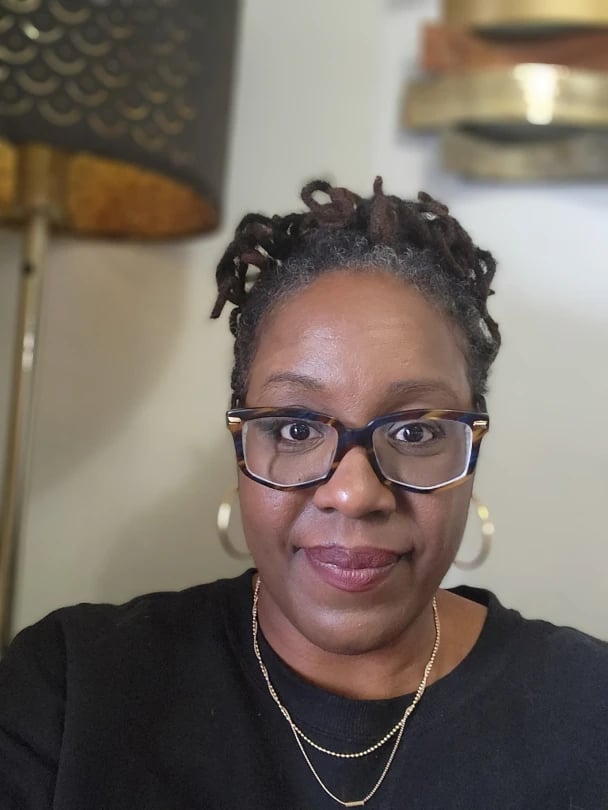
Charlene Dustan
Charlene is a professor and coordinator in the Social Service Program at George Brown College, Before her tenure at the college, over the last 20 years Charlene held a variety of roles working with low-income, marginalized, chronically homeless, and street-involved women. Charlene has served as AGM Ombudsman for Amnesty International Canada, trained as a union human rights race-based complaints employee support, content advisor for the VR simulation Lets talk about race and is a member of The Toronto District School Boards Equity Policy Community Advisory Committee.
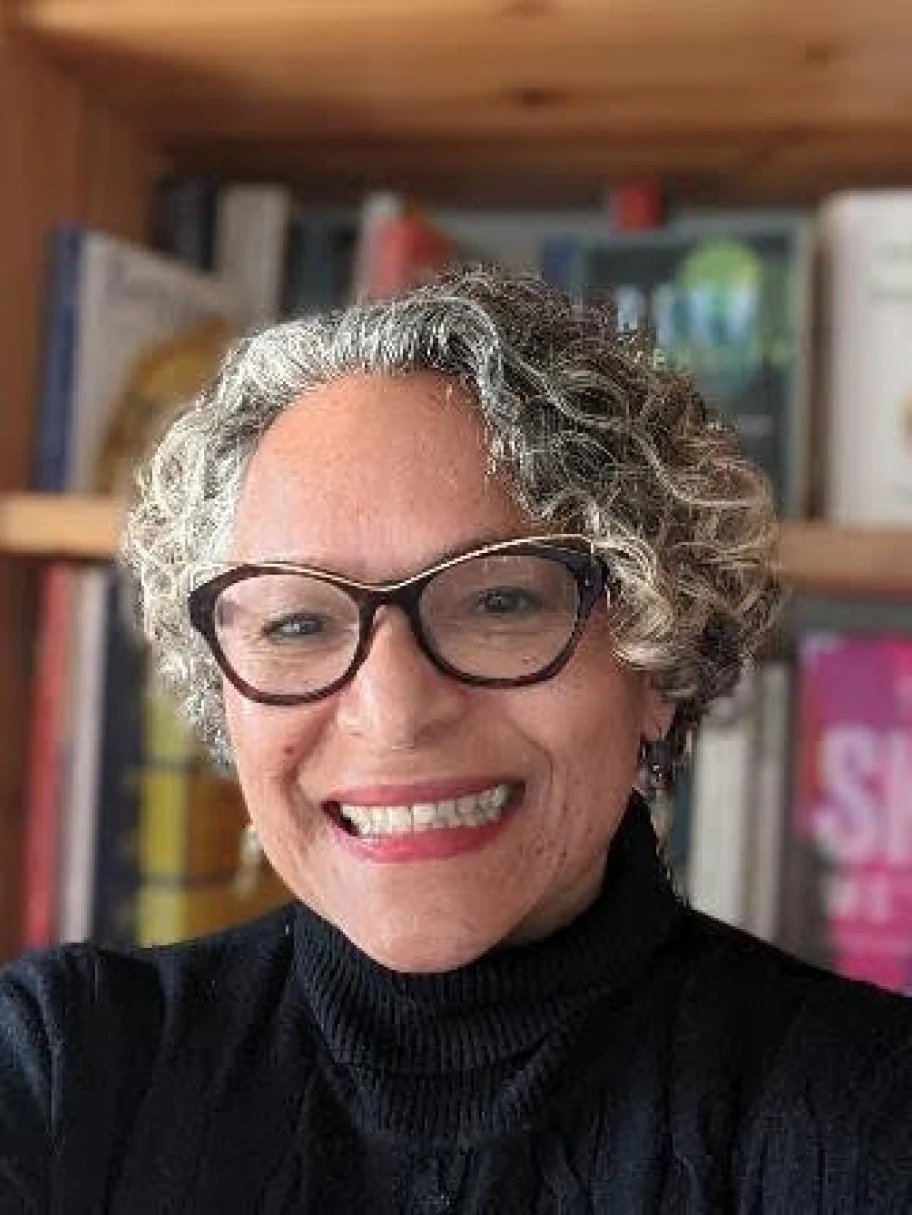
Gail Hunter
Gail Hunter has been a Professor and Coordinator of Early Child Education at George Brown College for 33 years. In addition to this, she taught and worked as an Early Childhood Educator, Supervisor, and Early Childhood Advisor with the Toronto Board of Education. In 1989 Gail began her journey of presenting on Anti-Bias Education, in 2018 she was called on to develop Anti-Racism and Anti-Oppression courses and workshop modules for the Education sector locally and nationally.
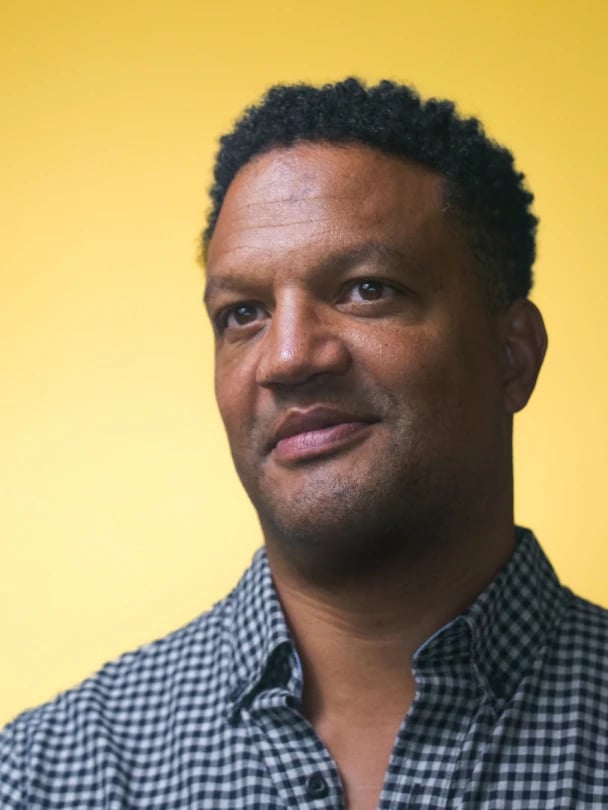
Michael Avis
Michael has worked in the educational sector for over twenty years and has taught domestically and internationally at the primary, secondary, college, and university levels. He has a Bachelor of Education from the University of Toronto in the Centre for Urban Schooling. His area of study was in the inner-city education program with a commitment to exploring issues of equity and social justice, integrating research-based theory and practice, and advocating change for students traditionally underserved by the system.
.jpg?width=679&height=382&name=Public%20speaking%20and%20presentation%20skills%20-%20Hero%201%20(1).jpg)
Charlene Dustan
Set your students' path to professional success, whether in further or higher education, by providing engaging and easily accessible experiential learning focused on vital employability skills.
.jpg?width=679&height=382&name=Public%20speaking%20and%20presentation%20skills%20-%20Hero%201%20(1).jpg)
Gail Hunter
Set your students' path to professional success, whether in further or higher education, by providing engaging and easily accessible experiential learning focused on vital employability skills.
Related modules.
Bias as a Barrier
Explore how personal bias affects you and others. Biases are a natural part of how our brains operate. In fact, they're essential. It’s only when we allow them to negatively impact others, that they become a problem.
Recognising Privilege
Explore how privilege (or lack of it) shapes our lives. Privilege and oppression are two sides of the same coin. Where systems exist that benefit one group, they create a barrier for others.
Saying No to Sexual Harassment
Sexual harassment is still a workplace problem - and it’s getting worse!
Inclusive Leadership - Understanding Conflict
How to uncover and understand conflicts.
Equity & Anti-Racism in Global Healthcare
A psychologically safe space where healthcare professionals can explore their own implicit biases and motivations.
Inclusive Leadership - Giving Feedback
How to challenge non-inclusive behaviour.
Inclusive Leadership - Resolving Conflict
How to create an inclusive team environment.
Related case studies.

Background Located in Wolverhampton, West Midlands, UK, the City of Wolverhampton College has 7000 students enrolled as of 2022...
Education
December 14th 2023
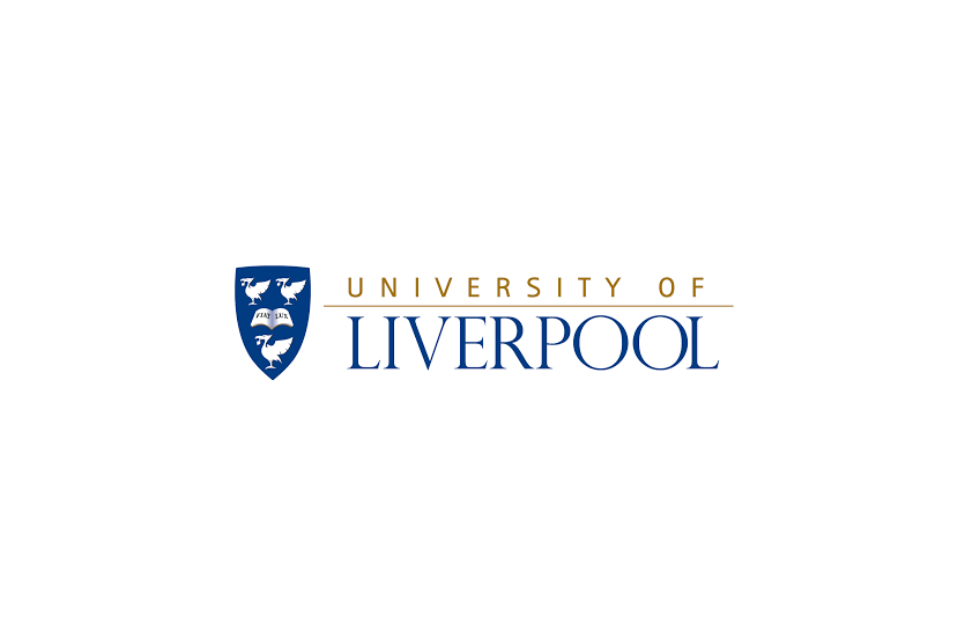
Nestled in the vibrant city of Liverpool, the University of Liverpool boasts a student community of over 33,000, including 8,000 international students and a...
Education
December 14th 2023
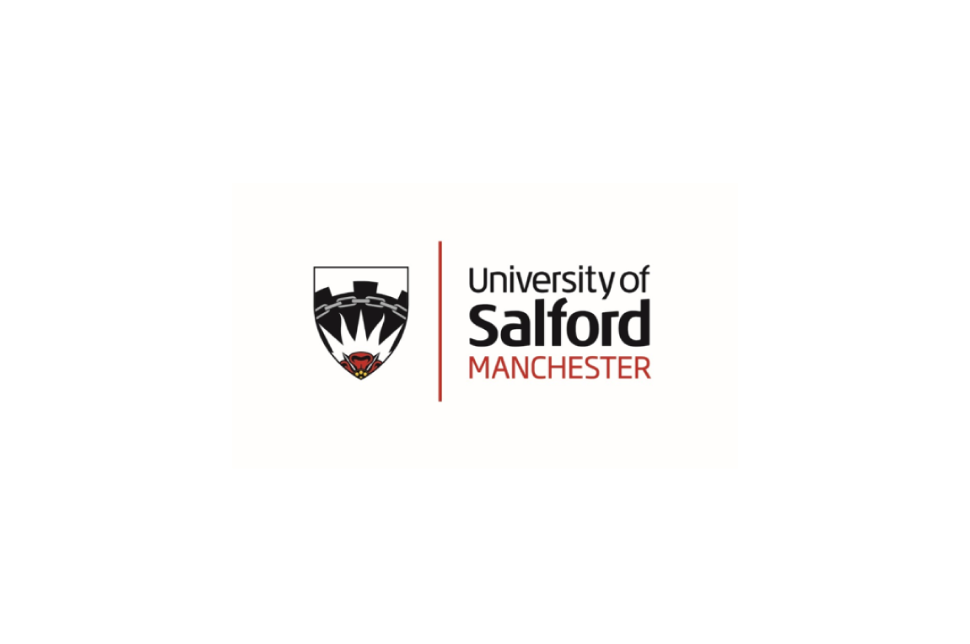
Fostering Personal Confidence, Digital Literacy and Futuristic Employability for all at Salford Business School, University of Salford...
Education
December 14th 2023
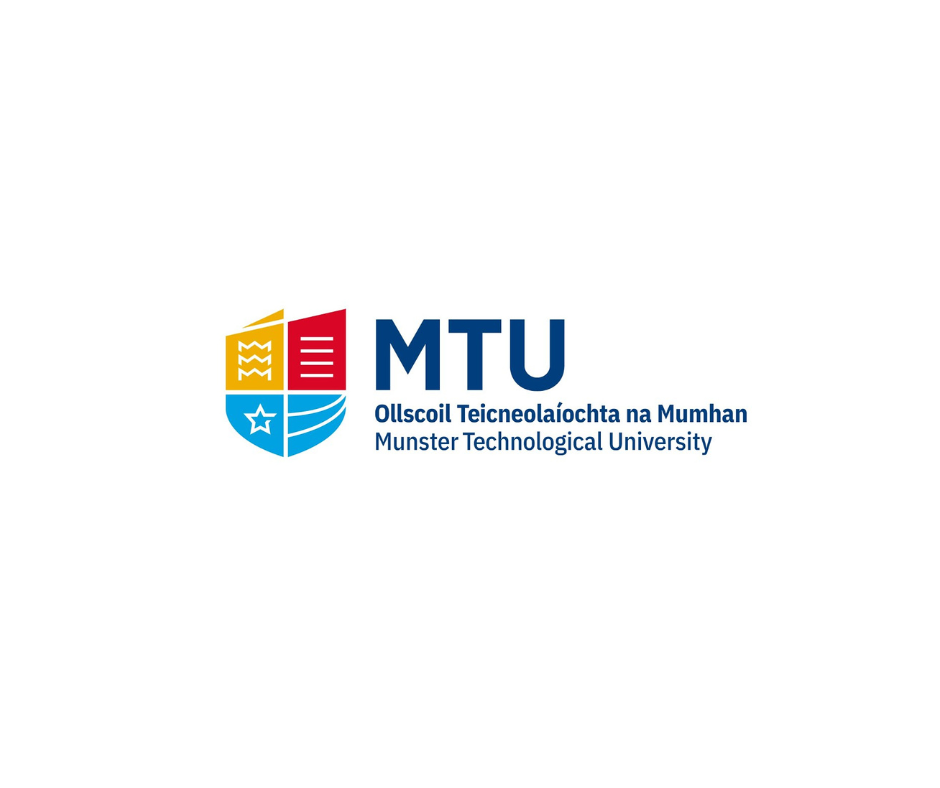
Munster Technological University serves over 18,000 learners across 6 campuses acrossCork and Kerry, Ireland. At the heart of their partnership with Bodyswaps...
Education
December 14th 2023
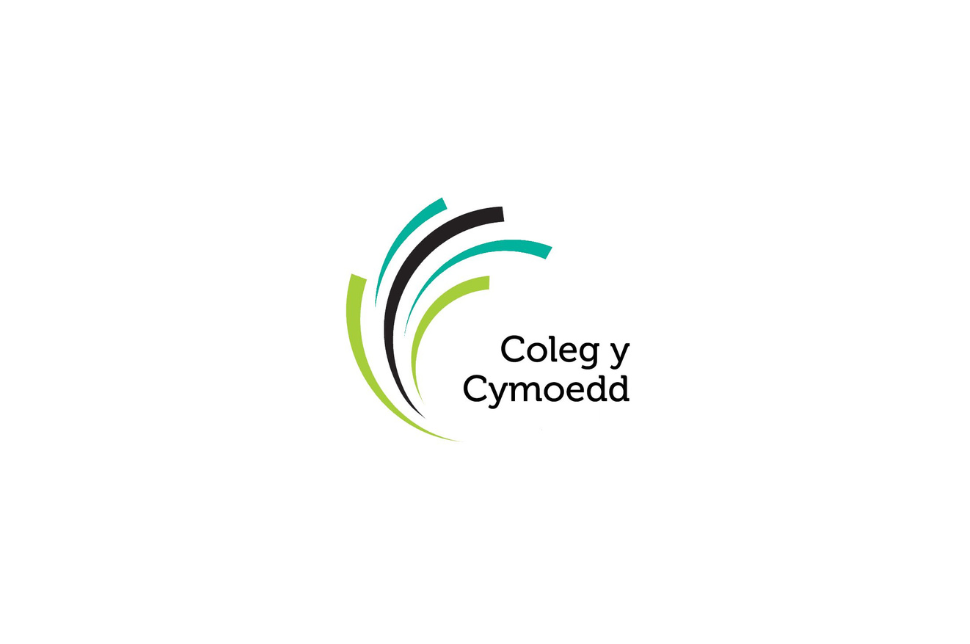
The further education collegelocated across four campuses in Rhondda Cynon Taf, and Caerphilly, Wales, teaches 10,000 students across 400 courses...
Education
December 14th 2023
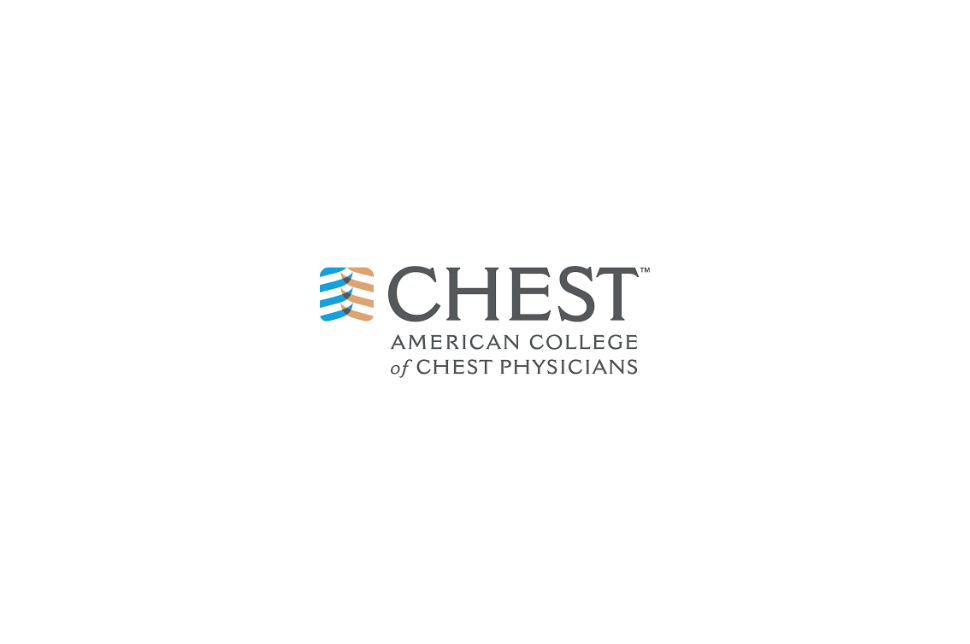
The American College of Chest Physicians(CHEST) is a medical association in the United States consisting...
Education
December 14th 2023
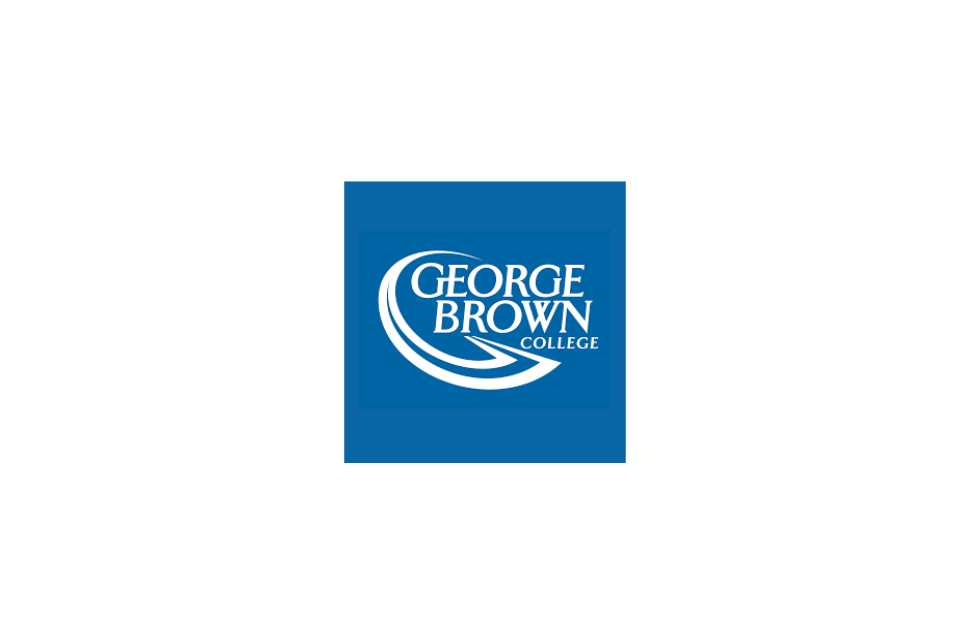
Let's Talk About Race is a series of3 anti-racism (DEI) modules co-developed with subject matter experts from George Brown College...
Education
December 14th 2023

George Brown College, a renowned college of applied arts and technology in Toronto (Canada), offers a wide variety of programs to over 107,000...
Education
December 14th 2023
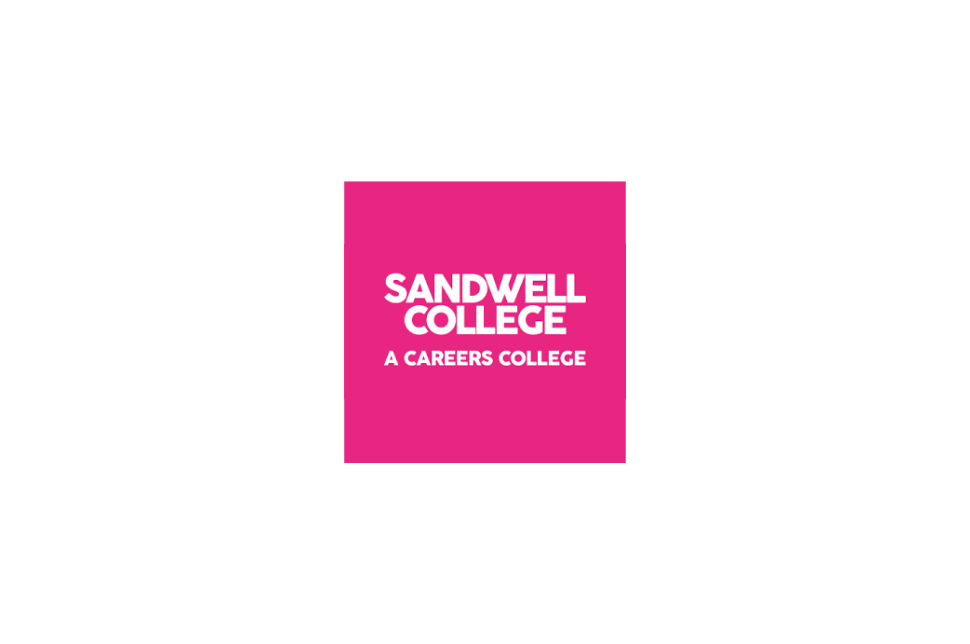
Thecollege, a high-tech institution based in the West Midlands (UK), currently teaches over 6,000 16-18 year-old students and 2,000 adult learners...
Education
December 14th 2023
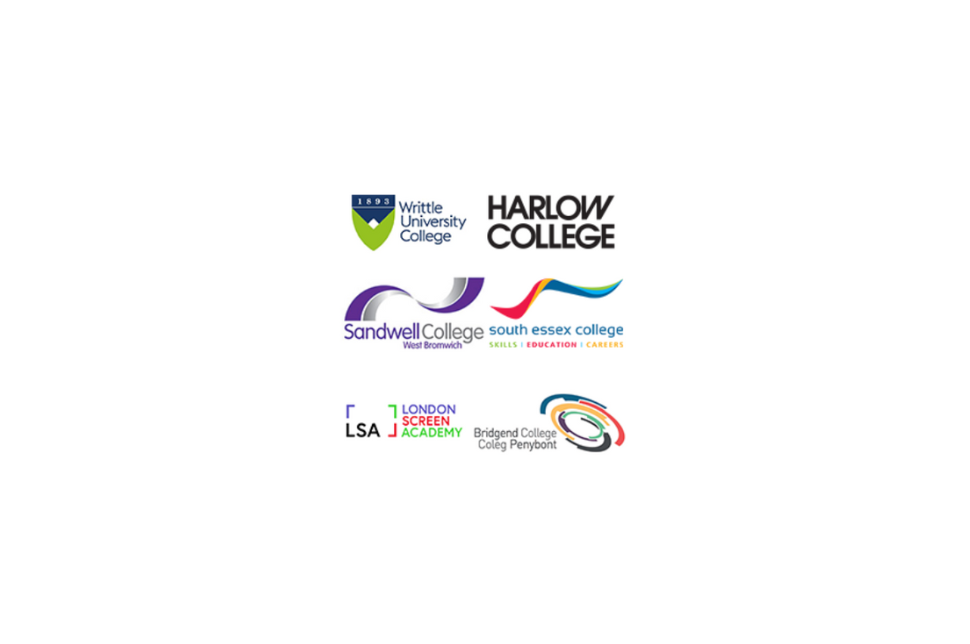
Following the UK government’s “Skills for Jobs” whitepaper, the FE sector is gearing up for a significant overhaulwith the objective of...
Education
December 14th 2023
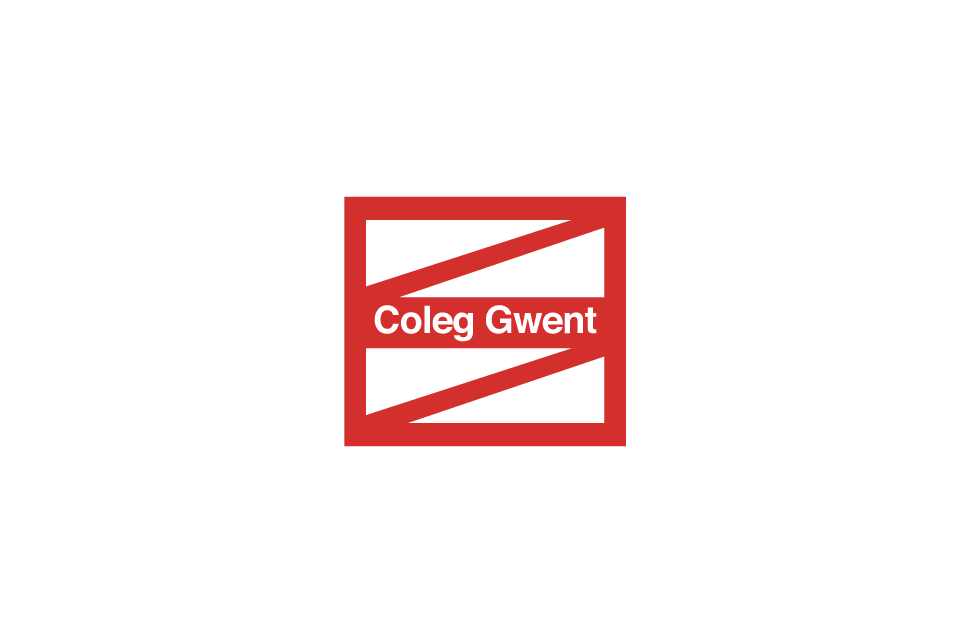
Background Coleg Gwent is the largest college in Wales, serving communities across the five local authorities of Southeast Wales...
Education
December 14th 2023
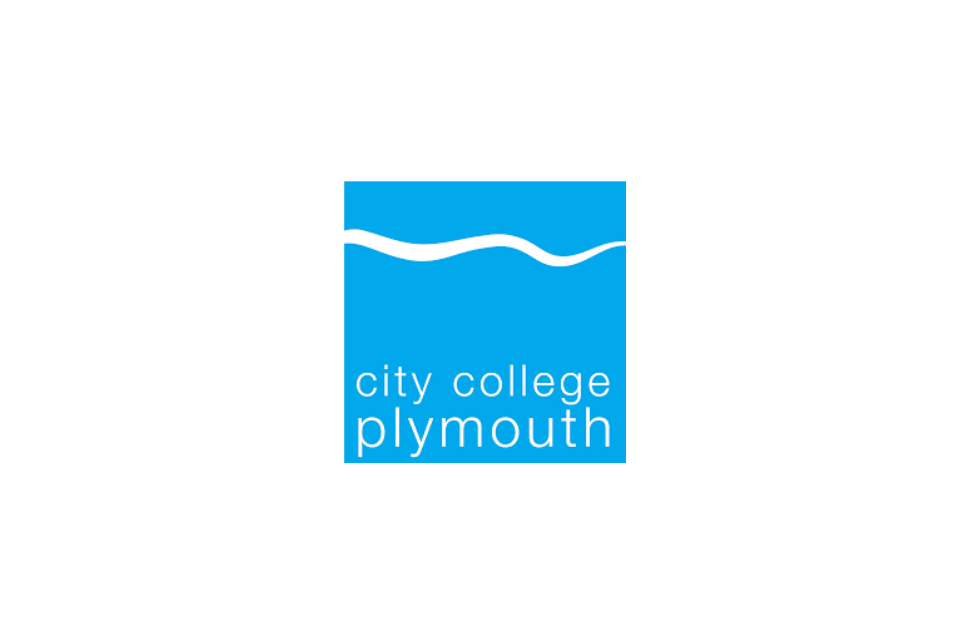
Background City College Plymouth, annually serving 14,500 students, is a dynamic institution committed to academic excellence. Their core principle is to...
Education
December 14th 2023






